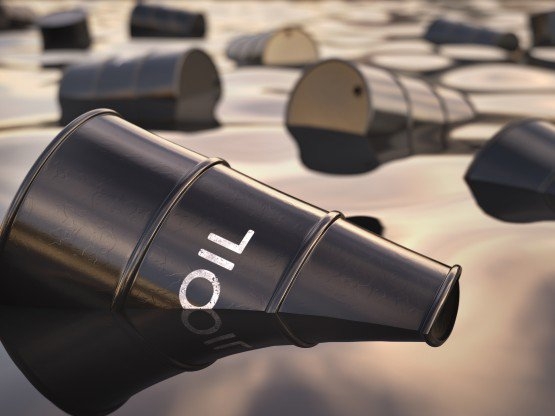
But PWC report reveals that the sector must evolve in the changing energy landscape.
As an exploration destination, Africa should not be underestimated according to a recent PWC report, which reflects that almost half of the biggest oil and gas finds – nine of the top 20 in 2015 and 8 of the top 20 in 2016 so far – have been in Africa.
The Africa Oil & Gas Review 2016 presented on Monday, states oil and gas companies around the world have to reinvent themselves somewhat to adapt to a persistent low price environment, and the world that is transitioning to a low-carbon energy system.
While costs have reduced significantly, companies should review their long-term strategies instead of the changing energy trends and the over-supply in the global oil and gas markets, claiming that oil was at risk of suffering the same fate as coal in the coming decades.
“There is a big build-up of crude oil, while there is also a great deal of oversupply on the Liquefied Natural Gas (LNG) side,” said PWC’s oil and gas leader Chris Bredenhann, adding that oil-dependent countries like Nigeria had perpetuated the low-cost environment by producing loss-making barrels of oil simply to generate cash.
The sharp decline in the price of crude has led to a prolonged economic crisis as it makes up 70% of Nigerian government revenue. But despite being the highest cost producer on the continent, Nigeria cannot stop producing, or even cut-back its oil production.
“There are companies that need the cash flow and countries that need to balance their budgets, and are thus increasing production even at a lower margin,” said Bredenhann.
Break even oil price per African country

Source: Rystad Energy
The report, which is a qualitative analysis of responses from 60 or so oil and gas company executives, indicates that oil and gas companies are worried most about the oil price, and the changing regulatory environment. It also shows that taxation has gone from being 15th on executives’ lists of priorities in 2012 to being the second highest priority in 2016.
Similarly, health and safety has gone from being a factor considered to have the biggest impact on businesses over the coming three years, to being considered as having the least impact out of 23 factors.
Derek Boulware, senior manager of PWC’s Africa Oil & Gas Advisory, said this was likely due to there being more exploration operations in those years compared to now.
Says Boulware: “That would explain why taxation was not an issue back then, whereas now, with projects coming online, and costs being a bigger focus, taxation is a key concern. With safety, I think it’s because there hasn’t been a major incident, like BP Horizon, for example, in a very long time, so it’s not front of mind as it was. Also, it is a given, and they know how to do it now, so it’s less of a concern.”
Optimism regarding the rising oil price environment is at odds with trends on the ground. Meanwhile, investment in the oil & gas sector is likely to become a more critical issue in coming years as operators have deferred final investment decisions on over $300 billion-worth of projects.
Looking at overall capital expenditure and exploration in 2015 compared to 2014, we see that the total is only down by 16.4% year on year. Pure exploration spend is down by 38.4%.
Price optimism despite oil glut
The report is somewhat optimistic about where the oil price would go, with respondents on average expecting the oil price to reach $52 per barrel by the end of 2016, $60 by the end of 2017, and $69 by the end of 2018.
But this seems to be in stark contrast to the picture painted in the report and what is happening on the ground. Bredenhann said this was because people working in the industry were inherently optimistic and felt that the situation could not remain as it is for much longer.
“The price expectations that people have put forward is an optimistic view, saying that well, at some point, things are going to have to change because the world economy will have to start growing again,” he said.
However, the evidence points to the current situation being the new normal, particularly because Saudi Arabia, which was once able to play the swing-producer role by cutting back production to raise prices, can no longer do that because it began losing market share.
Until the global economy picks up, prices are likely to stay lower for longer. Bredenhann suggests that it’s up to companies to find innovative ways of cutting costs even further than they already have.
Says Bredenhann: “The cost reductions that we have seen in this industry over the last two or three years… If you asked someone five years ago whether it was realistically achievable, they would so, ‘no, there is no way we could sell oil for less than $80 a barrel because the cost base is too high’.
“The days of oil at $100 per barrel are long gone. But there is probably even more room for cost reduction through the use of digital transformation, innovation, and collaboration.”






